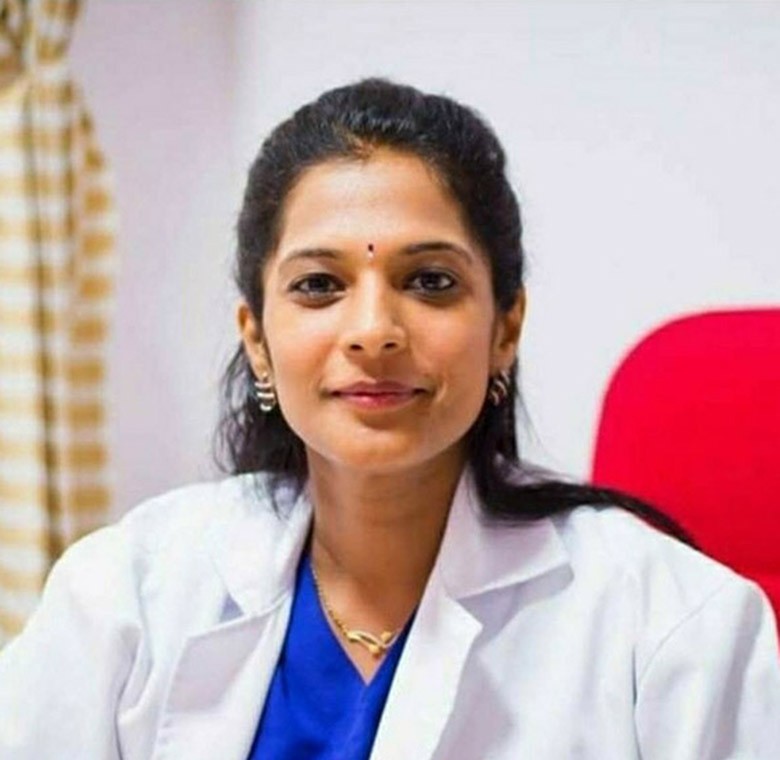What is maternal mortality?
As defined by the World Health Organization (WHO), “Maternal death is the death of a woman while pregnant or within 42 days of termination of pregnancy, irrespective of the duration and site of the pregnancy, from any cause related to or aggravated by the pregnancy or its management but not from accidental or incidental causes”.
The reason for maternal mortality
Pregnancy-related difficulties are the main cause of death among young ladies between the of 15 and 19 years old. Since young ladies are developing themselves, they are in more serious danger of complications if they become pregnant. Also, child brides are less inclined to get appropriate clinical consideration while pregnant or get proper medical care, in comparison to women married as adults.
Women die because of difficulties during and following pregnancy and childbirth. The majority of these problems develop during pregnancy and most are preventable or treatable. Different problems may exist before pregnancy yet are worsened during pregnancy, particularly if not overseen as a major aspect of the women’s care. The significant difficulties that represent almost 75% of all maternal deaths are:
- Severe bleeding (generally bleeding after labor)
- Infections (usually after labor)
- Hypertension during pregnancy (pre-eclampsia and eclampsia)
- Difficulties from delivery
- Unsafe abortion
The rest are brought about by or related infections, for example, malaria or identified with ongoing conditions like cardiovascular sicknesses or diabetes.
All to-be-mothers require admittance to antenatal care in pregnancy, skilled care during labor, and care and support in the weeks after labor. All births ought to be helped by skilled health experts, as timely management and treatment can have a detrimental effect between life and death for both the mother and the child.
How to save women’s lives?
Most maternal deaths are preventable, as the medical services required to forestall or oversee complications are available. All ladies require admittance to excellent care in pregnancy, and during and after labor. Maternal wellbeing and infant wellbeing are firmly connected. It is especially significant that all births are attended to by skilled health experts, as timely care and treatment can have an effect on life and death for mothers as well as the infant.
- Serious bleeding after birth can kill a healthy woman inside hours if she is unattended. Infusing oxytocics following labor viably diminishes the risk of bleeding.
- Infection after labor can be wiped out by practicing good hygiene and if early indications of infections are perceived and treated in an ideal way.
- Pre-eclampsia ought to be recognized and suitably overseen before the beginning of convulsions (eclampsia) and other life-threatening difficulties. Giving medications like magnesium sulfate for toxemia can bring down a women’s danger of developing eclampsia.
To stay away from maternal deaths, it is likewise important to forestall unwanted pregnancies. All ladies, including young women, need admittance to contraception, safe abortion services to the full degree of the law, and quality post-abortion care.
The reason for improper care
Poor women in remote territories are the most drastically averse to get satisfactory medical care. This is particularly valid for regions with a lower number of skilled healthcare workers, for example, sub-Saharan Africa and South Asia.
As per a recent study, it was seen that in most high-income and upper-middle-income nations, over 90% of all births were benefitted from the presence of a skilled maternity specialist, doctor or nurse. Meanwhile, only less than half of all births in lower-income and lower-middle-income nations are helped by such skilled health personnel.
The main factors that keep ladies from getting or looking for care during pregnancy and labor are:
- Poverty
- Distance to facilities
- Absence of relevant data
- Insufficient and poor-quality services
- Social beliefs and practices
To improve maternal wellbeing, hindrances that limit admittance to quality maternal health services must be distinguished and addressed at both the health system and societal levels.
The Government of India has been zeroing in on activities to improve maternal health indicators. Much advancement has been made in ending preventable maternal deaths in the past two decades. The Government of India through its initiatives like Pradhan Mantri Surakshit Matritva Abhiyan (PMSMA) and Janani Shishu Suraksha Karyakaram (JSSK) has drastically brought down the maternal mortality rate through constant awareness and treatment. Visit your nearest maternity care hospital for more information. Stay safe.
About the Author:

Dr. Lavanya Kiran
Dr. Lavanya Kiran is the CHD Distinguished Fellow and Senior Consultant – OBG, Fertility Specialist and Robotic Surgeon.
Disclaimer: Views expressed are the author’s own. CHD Group takes no liability on behalf or for the contents expressed.